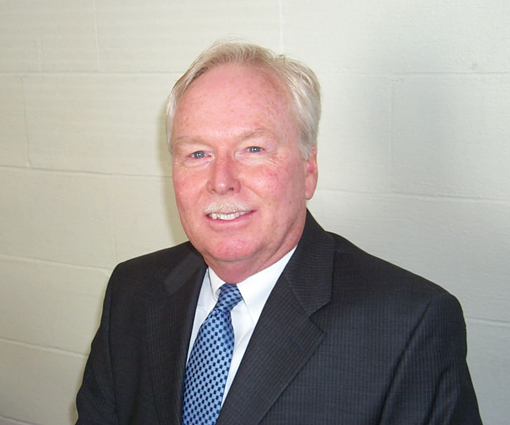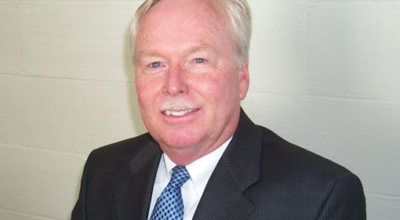Fix it or forget it!
Published 12:24 pm Tuesday, March 10, 2009
You know the old saying, “If it ain’t broke, don’t fix it.”
Well, what if it is broken?
Will the effort to repair the situation do more harm than good?
Is the repair simply a knee-jerk reaction to our frustration with the problem?
These are all the questions with which the Governmental Affairs Committee of the Bainbridge-Decatur County Chamber of Commerce has been grappling. And they all relate to the battle over transportation funding and oversight that is going on in Atlanta.
Transportation issues have dominated the legislative session so far this year. Both the Senate and the House started the session by floating funding bills—some variation of a 1 percent sales tax instituted by either a statewide vote or a vote held by region. As those options were working their way through both houses, the governor one-upped the discussions by announcing his plans to overhaul the Department of Transportation and its governing body.
Instead of the General Assembly electing members of the board of directors from each of our 13 congressional districts, the governor was proposing that he, along with the lieutenant governor and speaker of the House would select the members of a new oversight body. The new (and supposedly improved) State Transportation Authority would oversee the state’s road construction, monitor transportation finances, establish transportation priorities, and keep transportation projects moving—just as the current board is tasked with doing, while leaving the more routine job of maintaining existing roads to the Department of Transportation. According to the governor’s announcement, this new authority would be unshackled from a weighty Department of Transportation, which is laden with pork and politics to the point of being paralyzed.
So that brings us to the question we asked before, “Is the solution the answer to our problems, or is it the beginning of a new problem?”
The Governmental Affairs Committee is concerned that, in spite of the poor performance by our current Department of Transportation, this new State Transportation Authority is a solution that will only make matters worse for southwest Georgia. At least the current oversight body includes representatives from all geographic areas of the state—including southwest Georgia.
At least the current oversight body is elected by the General Assembly, whom we elect. And at least the current system of oversight is accountable to the entire legislative body—not just three people.
Our concern is that it is difficult enough for rural Georgia to be considered in the state’s priorities as it is—do we really want our state to move to a system that will only lessen our status?
Additionally, there are so many unanswered questions that must be answered and adequately communicated to the public before the new state authority will be deemed credible. How will services currently provided by the GDOT to local governments (and each of us as taxpayers) be handled?
How will revenues currently distributed to local governments for road projects be dispersed?
What voices will cities and counties have in the planning process if we are not part of a metropolitan planning organization, complete with paid lobbyists?
And what safeguards can be incorporated into the charter of this new agency to prevent undue influence from the governor, lieutenant governor or speaker—not to mention by a certain powerful metropolitan area of Georgia?
Meanwhile, the House passed a 1 percent statewide sales tax bill to provide transportation funding, if the public approves it on the November 2010 ballot. The bill would also shift the last of the state’s current 4 percent sales tax on gasoline and diesel from the general treasury to transportation needs, where 3 percent has already been going (Decatur County, as well as many other counties in the state, assesses an additional 3 percent sales tax for educational, local option and special purpose sales taxes for a total sales tax rate of 7 percent).
A day later, the Senate passed the bill to create the new State Transportation Authority proposed by the governor. At the same time, the DOT Board fired Commissioner Gena Evans—a move that angered Lt. Gov. Casey Cagle because he saw it as an example of the board’s independence and clearly independence is not something he wants from the DOT Board.
In Cagle’s defense, however, the DOT Board doesn’t have much credibility for strong decision-making skills in light of the chaos that has surrounded the department for years and the slow pace with which projects have progressed. That being said, the Governmental Affairs Committee is still skeptical of the push to totally gut the Department of Transportation if the alternative is an authority beholden to the three most powerful elected officials in the state, with no mandate to consider the entire state in its deliberations and funding.





